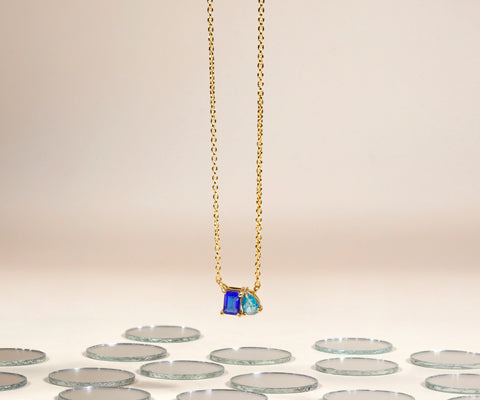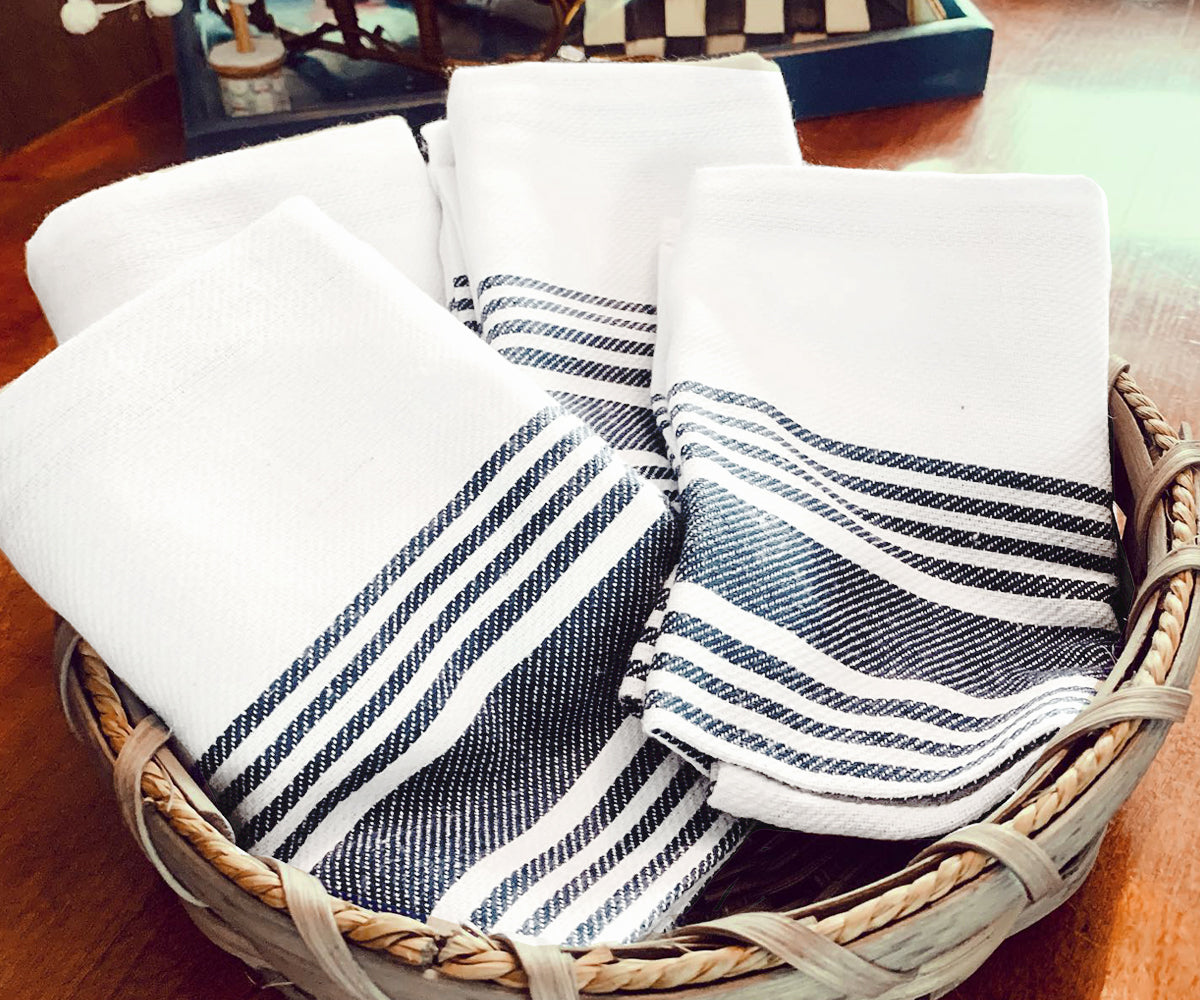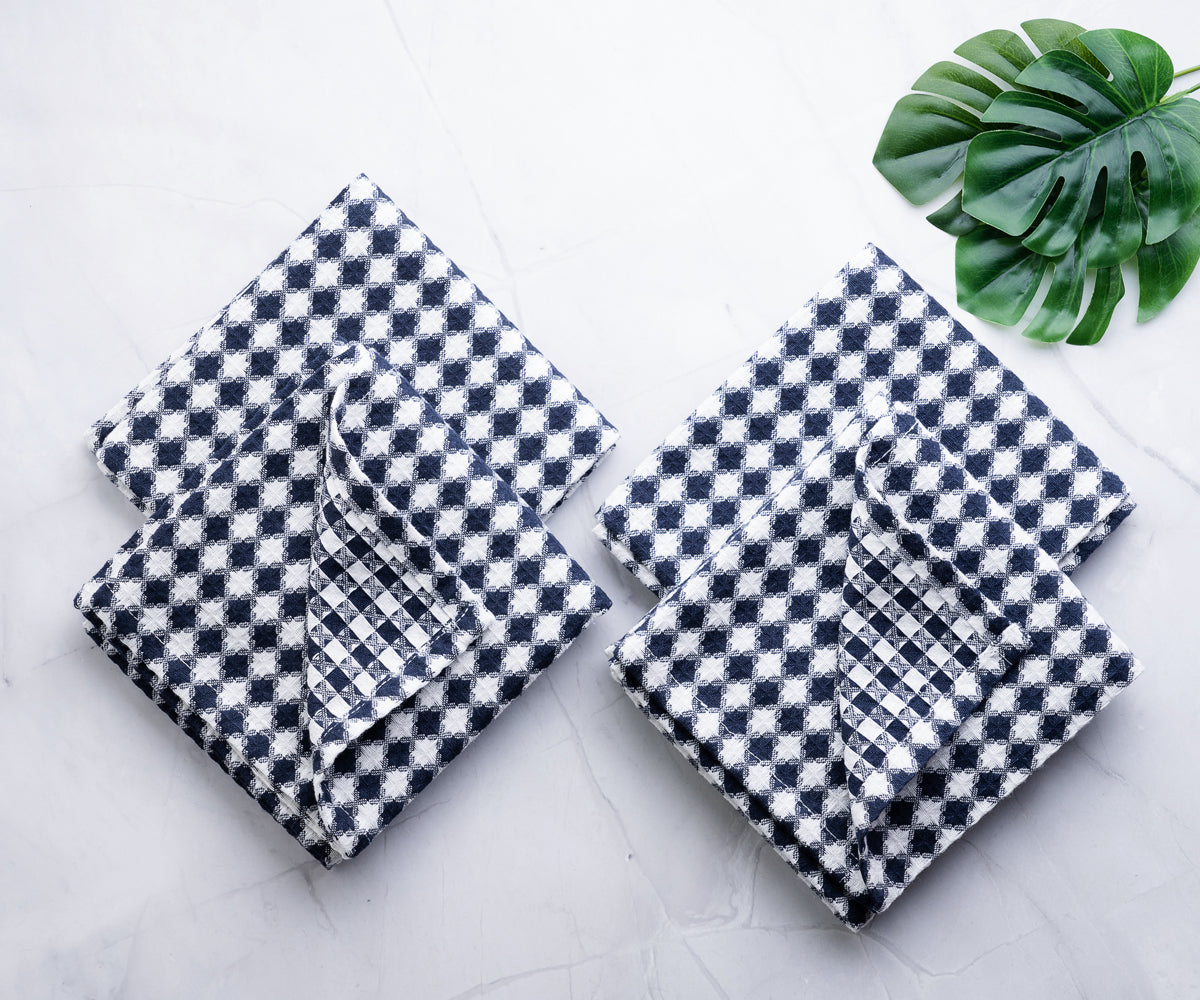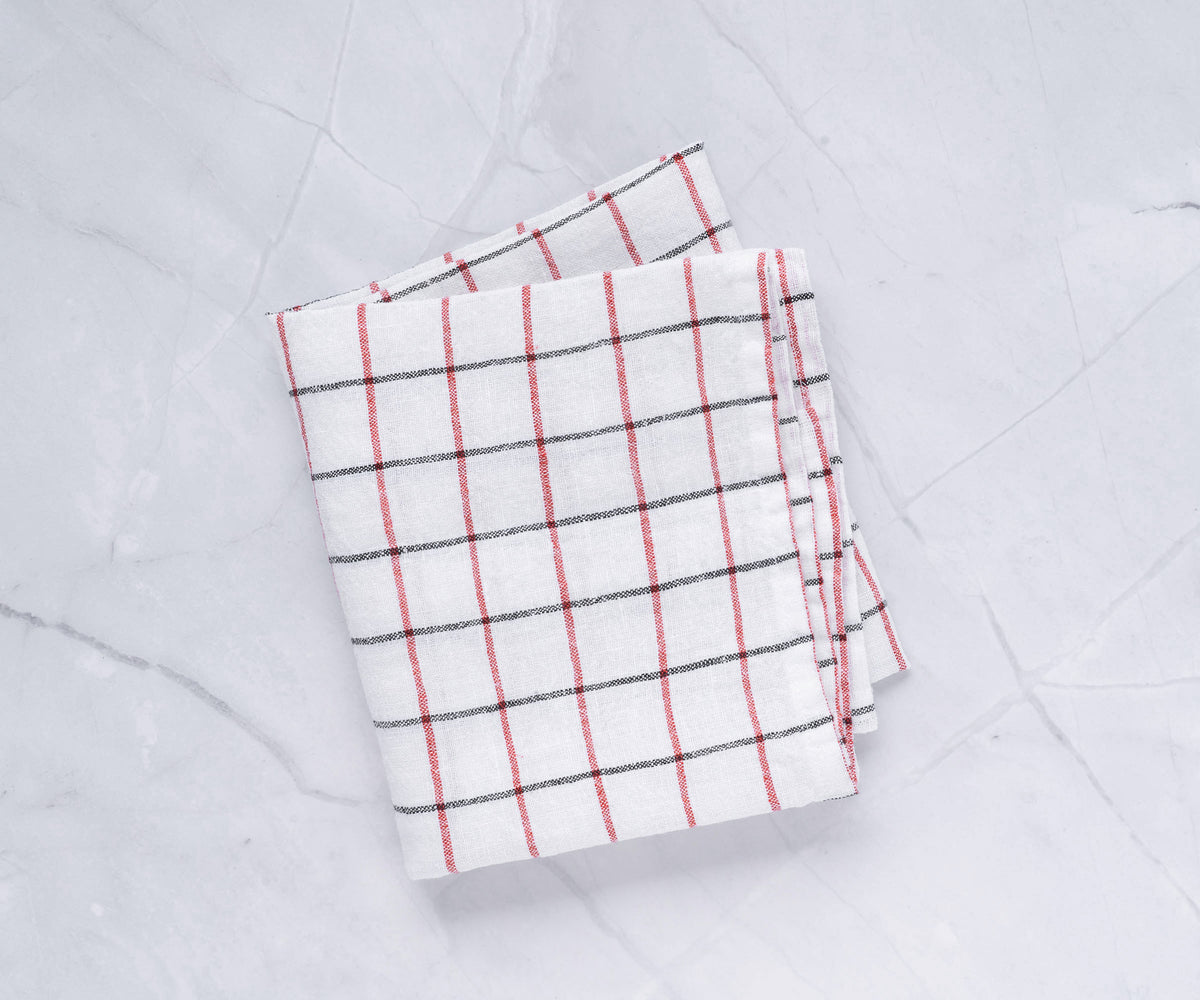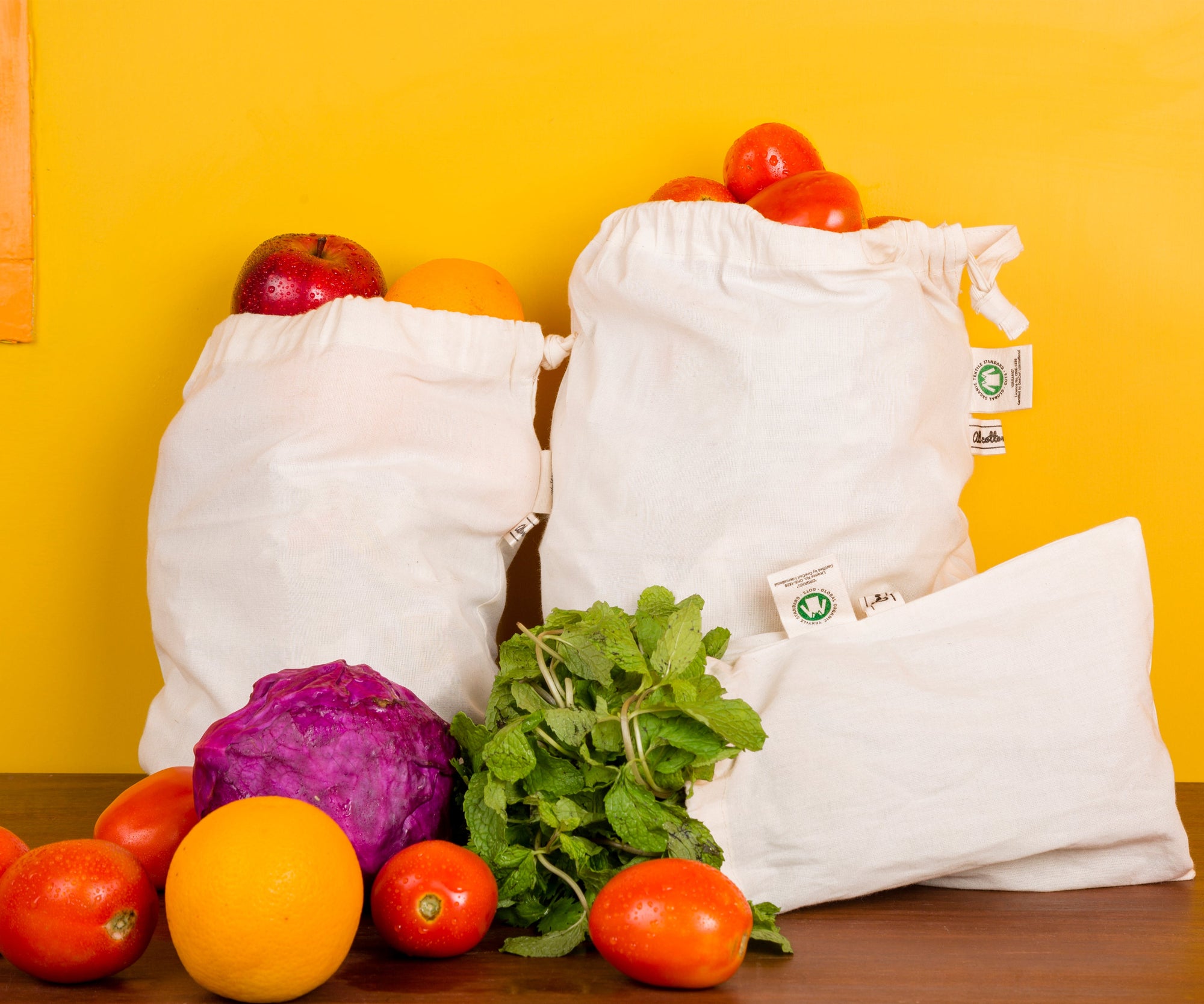What Is Organic Cotton?
Organic cotton is grown without synthetic pesticides, herbicides, or genetically modified seeds. Instead, it relies on natural farming techniques that are better for the soil, the farmers, and the planet.
Unlike conventional cotton, organic cotton doesn’t rely on heavy chemicals. It’s kind to the earth—and to your skin.
How It’s Grown: No Chemicals, Just Care
Growing organic cotton starts with the seed. Farmers use non-GMO seeds that haven’t been chemically treated. These seeds are planted in healthy, chemical-free soil.
Crop rotation is common. For example, after harvesting cotton, farmers might grow legumes to restore nitrogen levels in the soil. This keeps the soil rich and reduces the need for artificial fertilizers.
Instead of using toxic sprays to keep bugs away, farmers use natural methods. Think ladybugs, trap crops, and neem-based sprays. We’re talking about nature helping nature.
Weeds? No problem. Instead of using weed-killers, farmers hand-weed or use mulching and cover crops to keep weeds in check.
This process takes more time and effort, but it results in cleaner cotton—and cleaner air and water in farming communities.
Find Out: Best Tablecloths for Outdoor Dining
Water: Less Is More
One big reason people love organic cotton is its lower water usage.
Organic cotton farming often uses 90% less water than conventional cotton, especially when it's rain-fed. That’s a huge deal when you think about how water-stressed parts of the world are becoming.
By choosing organic, you’re also helping reduce runoff. That means fewer chemicals leaking into rivers and lakes. It’s a small choice with a big ripple effect.
Harvesting and Processing
After months of careful tending, the cotton bolls are ready to harvest.
Unlike large-scale industrial farming, many organic farms still harvest by hand. This protects the fiber and keeps it clean from contaminants.
Once harvested, the cotton is ginned—meaning the fibers are separated from the seeds. Organic ginning facilities ensure that the cotton doesn’t get mixed with conventional cotton during processing.
The raw cotton is then spun into yarn using mechanical (not chemical) processes. The yarn can be dyed with low-impact or plant-based dyes that don’t pollute water or irritate your skin.
Know About: How to Clean Jewelry - Tips and Tricks
From Yarn to Your Everyday Products
Once the yarn is ready, it’s woven or knitted into fabric.
From there, the fabric is cut and stitched into the products you see every day—T-shirts, pajamas, bath towels, napkins, bed sheets, baby clothes, tote bags, and more.
Brands that sell organic cotton usually stick to ethical manufacturing too. That means fair wages, safer working conditions, and minimal waste during production.
Why It Matters
Let’s be honest—most of us don’t think about where our clothes or home goods come from. But once you understand how much effort goes into making organic cotton, it changes how you shop.
Here’s the short version:
It’s better for your skin. No harsh chemicals = less irritation.
It’s better for farmers. Fewer chemicals = safer working conditions.
It’s better for the planet. Lower water use + no toxic runoff = a healthier environment.
Choosing organic cotton is a conscious decision. You’re not just buying a product. You’re supporting a cleaner, more sustainable system.
Also Read: Why Table Napkin Is Important at Mealtimes
Spotting the Real Deal
If you’re wondering how to make sure your purchase is actually organic, look for certifications like GOTS (Global Organic Textile Standard) or OEKO-TEX. These ensure that the product meets strict organic and ethical guidelines from start to finish.
It’s easy to slap the word “organic” on a label—but true certifications back it up with transparency.
Everyday Swaps That Make a Difference
You don’t have to toss out your entire wardrobe to go organic. Just start small:
Replace your regular T-shirts with organic ones.
Try organic cotton napkins or kitchen towels.
Gift someone an organic cotton baby crib sheet.
These little swaps add up. And when more people start choosing organic, brands take notice—and the industry begins to shift.
Organic cotton isn’t just a trend. It’s a return to how farming used to be—gentle, respectful, and thoughtful. In a world full of fast fashion and chemical-laden fabrics, going organic is one of the most practical ways to live cleaner and shop smarter.
So next time you pick up that cozy T-shirt or soft bedsheet, take a second to think about its journey—from farm to fabric to your everyday life.
Small choices. Big impact. That’s the power of organic cotton.



